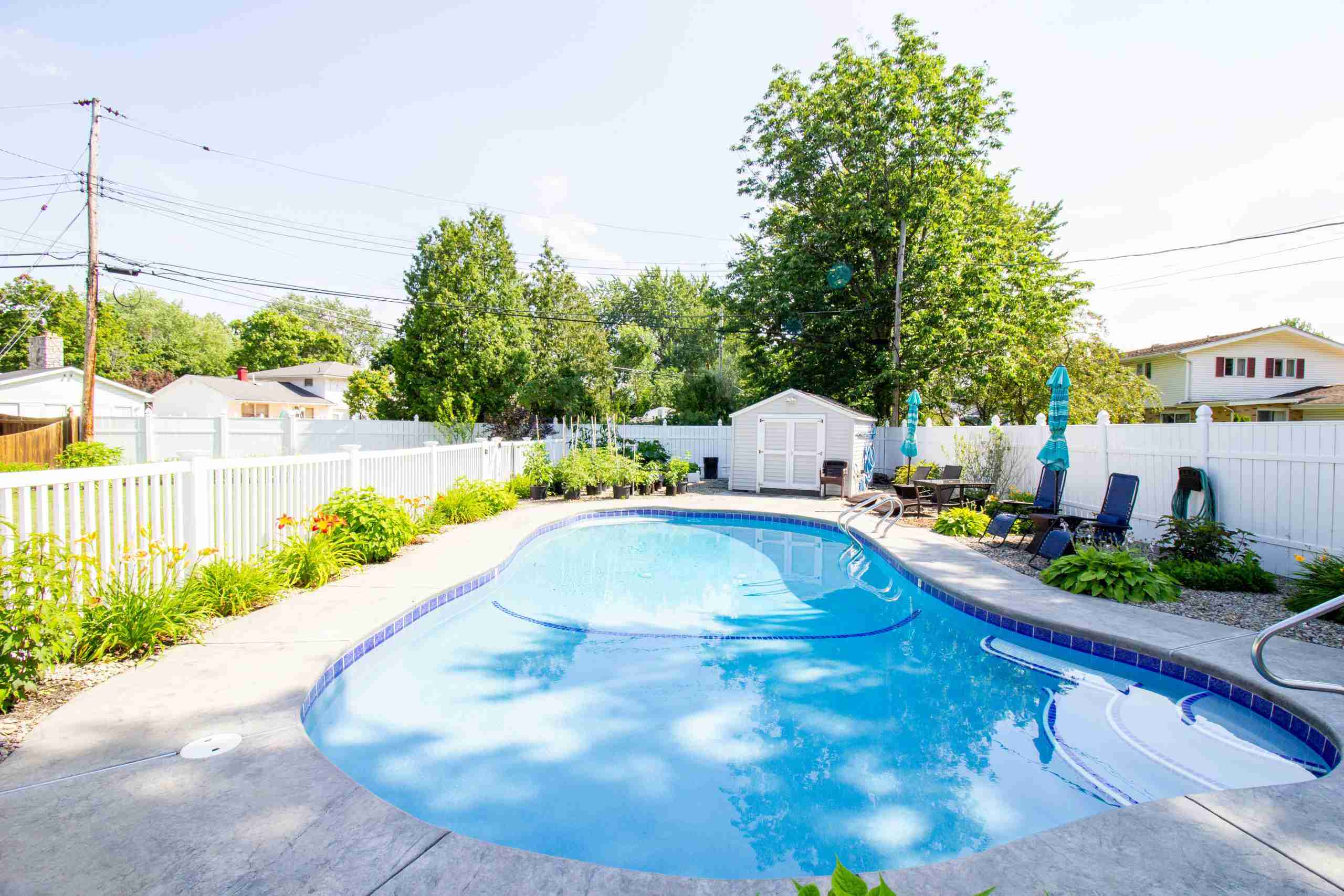Should I buy or should I rent?
The decision between renting and buying a home is one of the most significant financial choices many of us will face. Each option has its own set of advantages and disadvantages, and what may be the right choice for one person might not be the best fit for another. In this blog post, we will explore the pros and cons of both renting and buying to help you make an informed decision that aligns with your lifestyle, financial goals, and long-term plans.
Pros of Renting:
- Flexibility: Renting provides a high level of flexibility, making it ideal for those who are uncertain about their long-term plans or frequently move for work or personal reasons. Signing a lease typically involves a shorter commitment, allowing renters to explore different neighborhoods and cities without being tied down to a specific property.
- Lower Initial Costs: Renting usually requires a smaller upfront investment compared to buying. While renters may need to pay a security deposit and sometimes the first and last month’s rent, these costs are generally lower than the substantial down payment and closing costs associated with buying a property.
- Maintenance and Repairs: One of the significant advantages of renting is that the landlord is responsible for most maintenance and repair expenses. When something breaks, leaks, or needs fixing, renters can rely on their landlord to address the issue promptly, saving them time and money.
Cons of Renting:
- Lack of Equity Building: Unlike homeowners, renters do not build equity in the property they live in. Rent payments go directly to the landlord, providing no return on investment for the tenant. This means that renting may not be the most financially advantageous option in the long run.
- Limited Control and Personalization: Renters may face restrictions on making modifications to the property. They often need to seek permission from the landlord before making changes, limiting their ability to personalize and improve the living space to their liking.
Pros of Buying:
- Building Equity: Homeownership allows individuals to build equity over time. As you make mortgage payments, you are essentially paying off your loan and increasing your ownership stake in the property. This equity can be tapped into through refinancing or selling the home, providing a potential financial boost.
- Stability and Security: Owning a home provides a sense of stability and security. Homeowners are not at the mercy of landlords and can stay in the property for as long as they wish, creating a stable environment for their family and future.
- Property Appreciation: Historically, real estate has shown a tendency to appreciate over time. Buying a property in a well-located and desirable neighborhood can potentially lead to significant value appreciation, resulting in a profitable investment.
Cons of Buying:
- High Initial Costs: One of the major barriers to homeownership is the substantial upfront costs. Buyers need to make a down payment, which is often a considerable amount of money, along with other closing costs, such as home inspections, appraisal fees, and loan origination charges.
- Maintenance Responsibilities: Unlike renters, homeowners are solely responsible for the maintenance and repairs of their property. This includes both routine upkeep and unexpected expenses, which can be a financial burden for some individuals.
Closing thoughts
Deciding between renting and buying a home is a personal choice that depends on various factors, including your financial situation, lifestyle, and long-term plans. Renting offers flexibility and lower upfront costs, while buying builds equity and provides stability. Consider your current needs, future goals, and financial capabilities to make an informed decision that aligns with your unique circumstances. Ultimately, both renting and buying have their merits, and there is no one-size-fits-all answer – it’s essential to choose what makes the most sense for you and your family.



